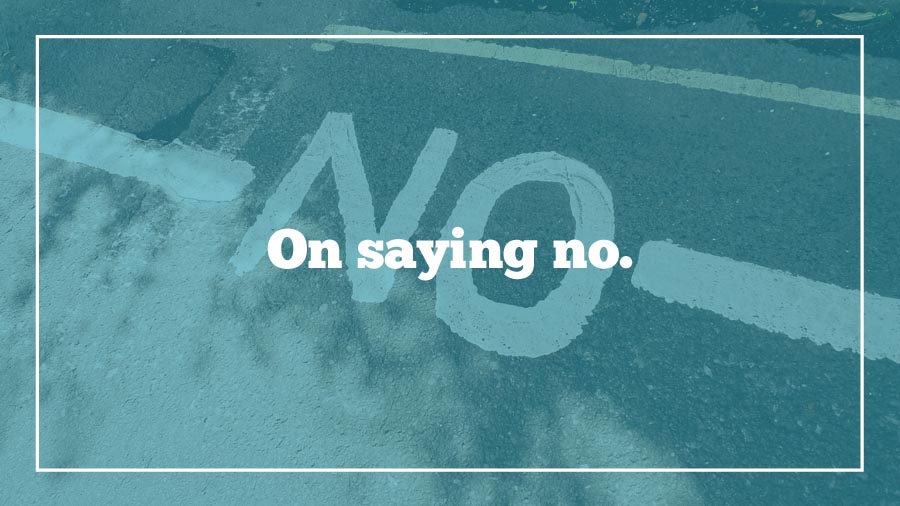
By the time you read this, I’ll have already gone off the grid! After Otakon, I needed a vacation from my vacation, so I’m heading out to a friend’s lake house to go boating and play board games for a few days.
- The surprisingly gross history behind Japanese “sampuru” food models. Apparently, anatomical wax models for medical studies paved the way.
- The honest and gratifying story of how Josh “Comics Curmodgeon” Fruhlinger kickstarted, self-published, and actual made some cash on his DC-based geek social media fiction.
- Anime localizer Kara Dennison opens up about having epilepsy in a geek environment where people casually, jokingly call bad anime “seizure-inducing.” This hit me hard because I’ve absolutely said that without thinking.
- Aja wrote about what happens when shipping goes too far. It’s fun to imagine two characters in a relationship together, but what happens when shipping leaves the imagination and becomes a very real campaign to goad creators into making our favorite characters’ stories match what we want?
- What’s the deal with direct-to-video anime OVAs? Steve covers this often misunderstood facet of published anime and its impact on the market.
- So glad to catch up with Viga at Otakon. Her YouTube channel, where she reviews indie comics and gushes about idol anime, just hit 1,000 subscribers, so you should check it out.
- On Monday, I asked Otaku Journalist readers to plug their own projects. I was blown away by Jamie’s Anime Chicago, a 700+ person club—and academic symposium—in her home city! Their article on how the Tokyo subway compares to Chicago transit makes me want to go back to Japan immediately.
- Nathan is an indie game developer wrestling with the industry’s elephant in the room: “What do you do when you fundamentally loathe the behavior of so many of the players you’re supposed to rely on to buy your latest games?”
- Just discovered the Five Geek Social Fallacies through cartoon legend Iron Spike. This 2003 post helps us question some of the awkward social beliefs we might have. I’ve definitely believed these before, especially #4.
- Eight bloggers share their biggest failures. On an internet where I’m constantly reading bloggers’ monthly income reports that are 10x what I make, this is really grounding.
Photo via Fake Food Japan




